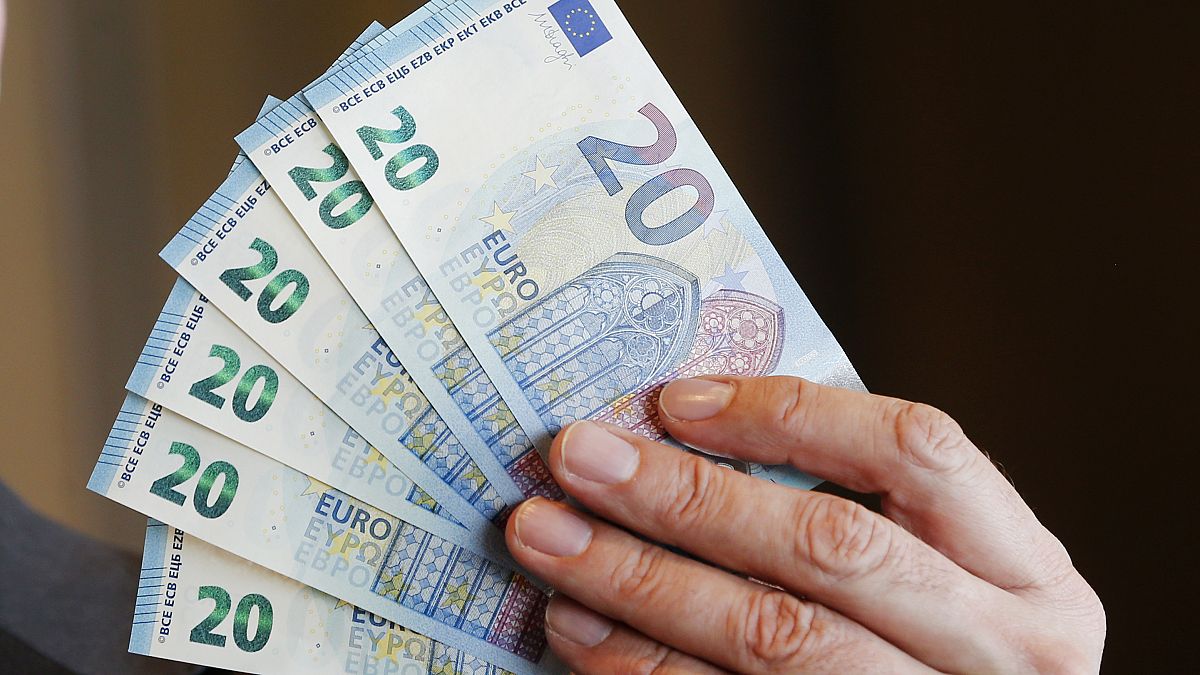A look into the ways Brussels can raise EU money to tackle the COVID-19 recession
The EU has proposed a sizeable recovery fund, but how will it raise the money to save Europe's economy?
One way could be to create new taxes to pay for the €750 billion recovery fund.
The European Commission estimates it could get around €30 billion per year.
Businesses take note - the EU Commission wants to be able to collect corporate taxes. Currently, member states get the benefits in their national pot.
US tech giants could also be slapped with a digital tax.
Sven Giegold is a Member of the European Parliament who sits with the Greens group and told Euronews: "There is a big advantage of the digital tax: it can be implemented unilaterally by those member states that want to without harming themselves, because the place of taxation is on consumption. Classic corporate taxation is taxing where production is happening and therefore the digital tax is a good threat in order to make a wider corporate tax reform work".
In terms of green revenue sources, the suggestions in the table could target:
- EU companies emitting more polluting gases.
- Goods from countries outside the EU that are less strict about CO2 emissions (this is known as carbon adjustment).
- Non-recycled plastics packaging waste,
The idea of a new mechanism that penalizes international partners that are not so ambitious in climate change policy can be a risky choice.
According to Jorge Nunez Ferrer, a Senior Research Fellow at the CEPS think tank: "The only issue about the carbon adjustment is that is not something the EU can just create, unless you want a trade war with some others. It means that carbon adjustment it would have to be introduced carefully, making sure that the trading partners also understand it and it is done set by step. There is the question: do you want to be like Trump or not? I do not think we will go that way, so it will take time."
Another way for Brussels to get more of its own financial resources is to gradually eliminate rebates granted to some of the biggest contributors like Germany or France.
But in times of recession they are unlikely to let go of them, and may put up a fight over any new sources of revenue.
"The interesting thing is Germany that has now decided to go in favor of (new) resources, together with France. Somehow you will always have the same countries that will resist, which are the more frugal countries that see this as a way of losing the control over the budget to some extent. Although the expenses have to be agreed by unanimity, it is a bit the fear of the long term impact," says Jorge Nunez Ferrer.
Anticipating the skepticism by some member states, the EU Commission has suggested to only start to collect any new taxes from 2024, when that debt will start to be paid off.
